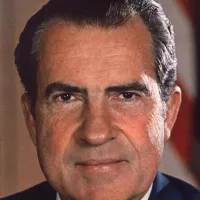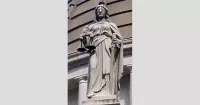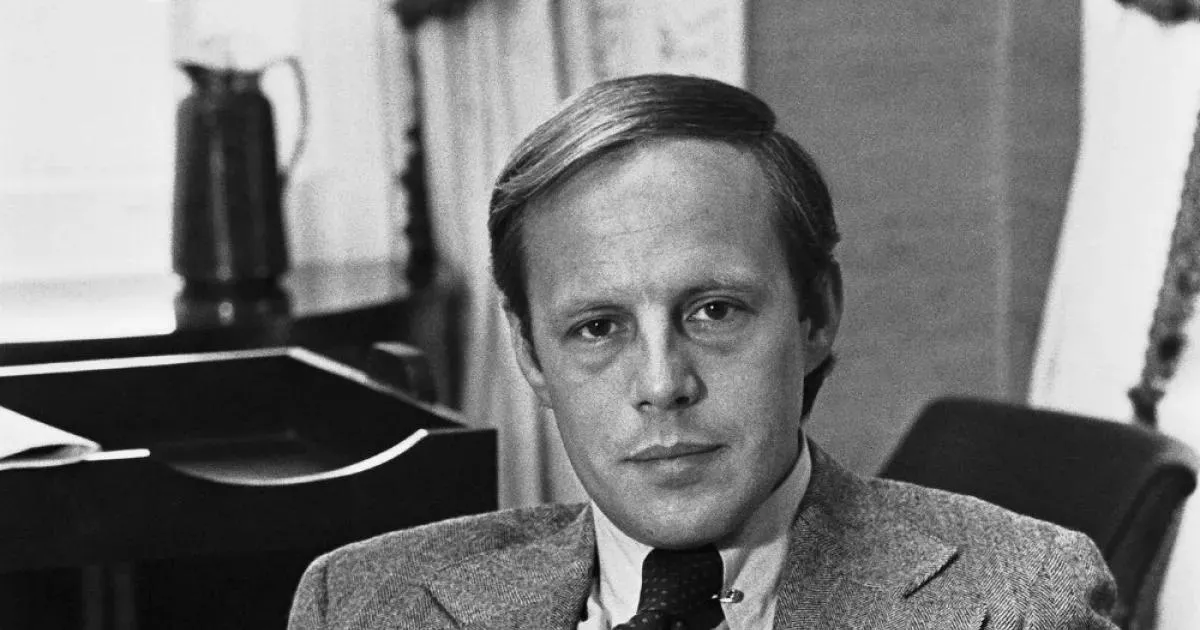John Wesley Dean III, a former White House Counsel for President Richard Nixon, played a significant role in the Watergate scandal cover-up. Serving from July 1970 to April 1973, Dean's involvement led to his guilty plea to a felony charge. However, his cooperation with the prosecution as a key witness resulted in a reduced sentence, served at Fort Holabird. Following his guilty plea, Dean was disbarred. His testimony to Congress proved crucial in unraveling the scandal.
October 14, 1938: Birth of John Wesley Dean III
John Wesley Dean III was born on October 14, 1938.
1961: Dean Graduates from College of Wooster
John Dean graduated from the College of Wooster with a B.A. in 1961.
February 4, 1962: Dean Marries Karla Ann Hennings
John Dean married Karla Ann Hennings on February 4, 1962.
1965: Dean Receives Juris Doctor from Georgetown
John Dean received a Juris Doctor (J.D.) from Georgetown University Law Center in 1965.
1966: Dean Becomes Chief Minority Counsel
In 1966, John Dean became chief minority counsel to the Republicans on the United States House Committee on the Judiciary.
1967: Dean's Role as Chief Minority Counsel Ends
John Dean's time as chief minority counsel concluded in 1967.
1968: Dean Volunteers for Nixon Campaign
John Dean volunteered to write position papers on crime for Richard Nixon's presidential campaign in 1968.
July 1970: Dean Becomes White House Counsel
In July 1970, John Dean became White House Counsel to President Richard Nixon.
July 1970: Dean Appointed Counsel to the President
John Dean was appointed counsel to President Nixon in July 1970.
1970: Dean Divorces Karla Ann Hennings
John Dean and Karla Ann Hennings divorced in 1970.
January 27, 1972: Dean Meets with Magruder, Mitchell, and Liddy
On January 27, 1972, John Dean met with Jeb Magruder, John Mitchell, and G. Gordon Liddy to discuss intelligence-gathering plans for the upcoming campaign.
October 13, 1972: Dean Marries Maureen Kane
John Dean married Maureen (Mo) Kane on October 13, 1972.
February 28, 1973: Gray Testifies Before Senate Judiciary Committee
On February 28, 1973, Acting FBI Director L. Patrick Gray testified before the Senate Judiciary Committee, revealing Dean's involvement in the Watergate cover-up.
March 22, 1973: Nixon Requests Report from Dean
On March 22, 1973, President Nixon asked John Dean to compile a report on the Watergate matter.
April 1973: Dean Leaves White House Counsel Position
John Dean's time as White House Counsel ended in April 1973.
April 17, 1973: Nixon Opposes Immunity for Dean
On April 17, 1973, President Nixon expressed his opposition to granting immunity to John Dean.
June 25, 1973: Dean Testifies Before Senate Watergate Committee
John Dean began his testimony before the Senate Watergate Committee on June 25, 1973, implicating Nixon and other officials.
October 19, 1973: Dean Pleads Guilty
John Dean pleaded guilty to obstruction of justice on October 19, 1973.
August 2, 1974: Dean Sentenced
John Dean was sentenced to one to four years in prison on August 2, 1974.
1976: Dean Publishes "Blind Ambition"
John Dean published his memoir "Blind Ambition" in 1976.
1979: "Blind Ambition" Miniseries Airs
A TV miniseries based on John Dean's "Blind Ambition" aired in 1979.
1982: Dean Publishes "Lost Honor"
John Dean published his memoir "Lost Honor" in 1982.
Mentioned in this timeline

The White House located at Pennsylvania Avenue NW in Washington...

Richard Nixon the th U S President served from until...

Justice in its broadest sense is the concept of treating...
Trending

2 months ago Zion Williamson sidelined for weeks with adductor injury, casting doubt on potential.

2 months ago SpaceX Transporter-15 mission: Falcon 9 launch attempt, carrying 140 spacecraft to orbit.

5 months ago NBA and NBPA support betting limitations; is Michael Porter Jr. a problem?
John Luman Jack Smith is an American attorney with a distinguished career in law enforcement and international justice He has...
9 months ago Argentina's Milei: Economic Miracle, Trade Disagreements, and a Beacon for the Hemisphere.
2 months ago SpaceX Falcon 9 Launches Starlink Satellites from Cape Canaveral on 150th Mission.
Popular

Thomas Douglas Homan is an American law enforcement officer who...

Martin Luther King Jr was a pivotal leader in the...

XXXTentacion born Jahseh Dwayne Ricardo Onfroy was a controversial yet...

Instagram is a photo and video-sharing social networking service owned...

KFC or Kentucky Fried Chicken is an American fast-food chain...

William Franklin Graham III commonly known as Franklin Graham is...
